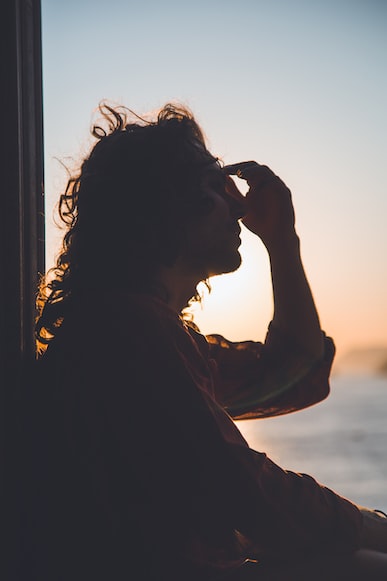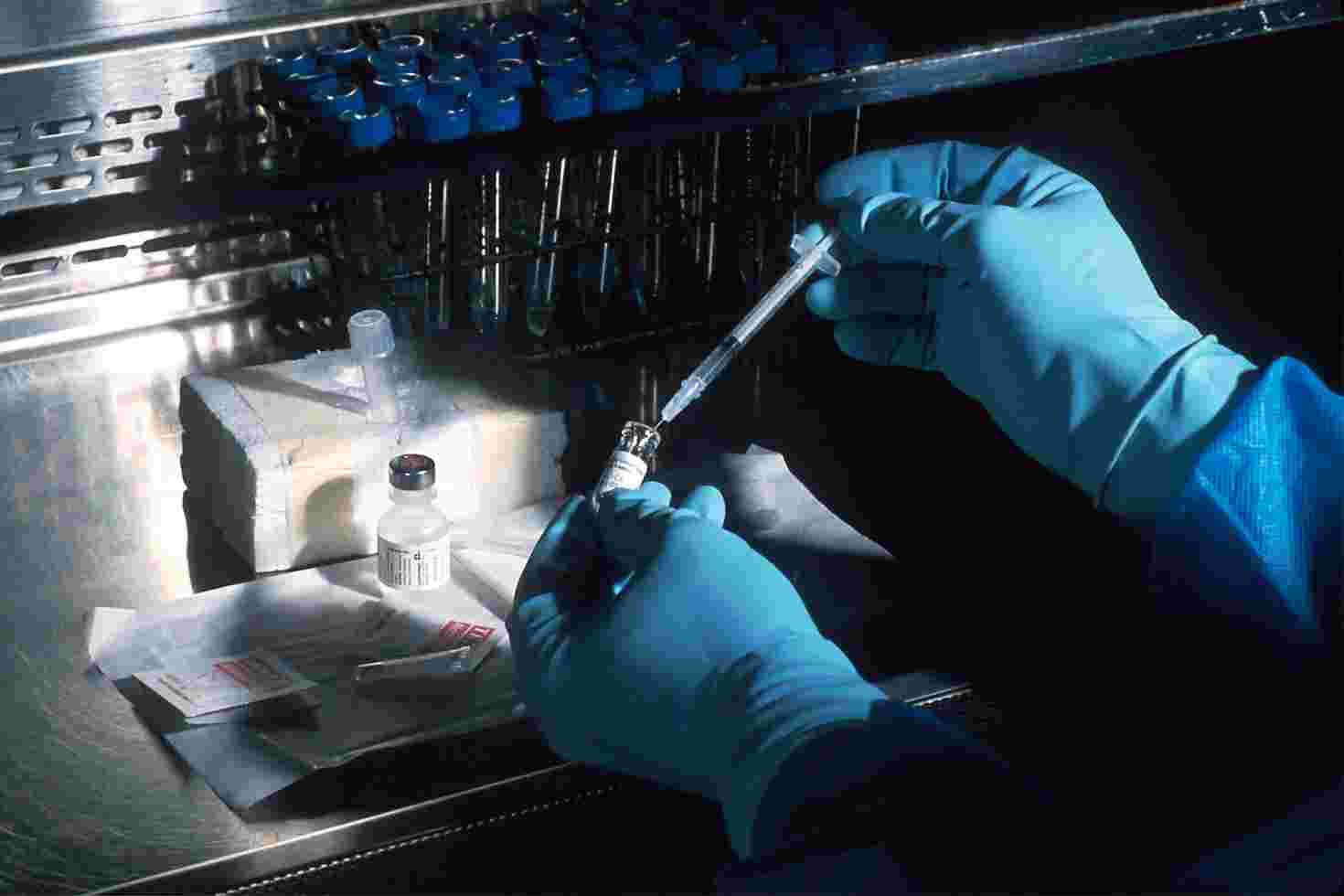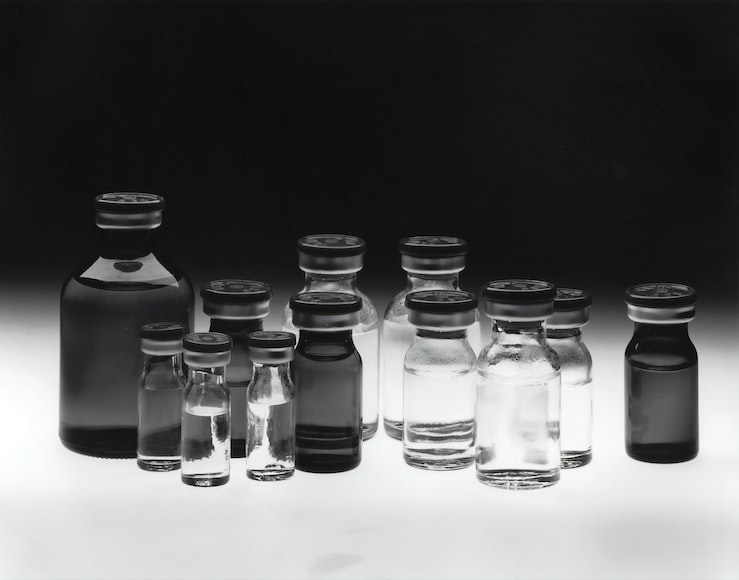
肾结石引起肾囊肿最佳治疗方法 肾囊肿一辈子都不用管他
作者:中华健康网 时间:2023-08-01 13:10 阅读:7476
肾结石引起肾囊肿最佳治疗方法 肾囊肿一辈子都不用管他
肾结石和肾囊肿是常见的肾脏疾病,两者之间有着一定的联系。肾结石形成的过程中,常常会伴随肾囊肿的形成。肾囊肿是一种液体填充的结构,常常是无症状的,但在某些情况下,可能会引发一系列严重的健康问题。因此,了解肾结石引起的肾囊肿和最佳治疗方法,对于维护肾脏健康至关重要。
需要明确的是,肾结石是指肾内结晶物质聚集形成的固体物质,常见的有草酸钙、尿酸和磷酸钙等。肾结石的形成与尿液中的结晶物质超过肾脏排出能力有关。当这些结晶物质不能被排出时,它们就会逐渐堆积起来而形成结石。而肾囊肿则是一种液体填充的囊状结构,常见的类型有单纯性肾囊肿和多囊肾。
对于肾结石引起的肾囊肿,最佳治疗方法如下:
1. 确定肾结石的类型:在治疗之前,首先需要确定肾结石的类型。不同类型的结石可能需要不同的治疗方法。常见的肾结石类型包括草酸钙结石、尿酸结石和磷酸钙结石等。通过尿液分析和影像学检查,可以确定肾结石的类型,从而指导后续的治疗方案。
2. 肾结石的药物治疗:对于一些小而不引起症状的肾结石,可以选择药物治疗。这包括针对结石成分的药物,如利尿剂、碱化剂和特定的溶石剂等。这些药物可以帮助尿液的排出,减少结石的形成和增长。但需要 注意的是,药物治疗不能完全消除结石,只能起到辅助的作用。
3. 肾囊肿的治疗:对于受到肾结石影响的肾囊肿,需要重点治疗囊肿本身。如果囊肿较小,并且不引起任何症状和并发症,可以采取观察和定期检查的方式。但如果囊肿较大或者出现症状,可能需要采取其他的治疗方法。例如,根据囊肿的大小和位置,可以选择经皮穿刺抽吸囊液、囊肿去顶术或者开放手术切除等。
4. 饮食控制和生活方式调整:除了药物和手术治疗,适当的饮食控制和生活方式调整也是非常重要的。特定的饮食习惯可以降低结石的发生率和复发率,并减轻囊肿的症状。例如,增加水分摄入、减少食物中的盐、限制饮食中的嘌呤和草酸等,都有助于预防肾结石的形成和囊肿的发展。
肾结石引起的肾囊肿需要采取综合治疗措施,包括药物治疗、手术治疗和饮食调整等。在治疗过程中,及时诊断和准确选择治疗方法非常关键。平时的生活方式调整和健康饮食习惯也能够起到很好的预防作用。最重要的是,患者需要认识到,肾囊肿虽然可能无症状,但如果不及时治疗,可能会引发严重的并发症,因此一辈子都不应该忽略它。
【参考译文】Kidney Stones Causing Renal Cysts - The Best Treatment Method is to Ignore Renal Cysts for a Lifetime
Kidney stones and renal cysts are common kidney diseases, and there is a certain connection between them. Renal cysts often form during the formation of kidney stones. Renal cysts are fluid-filled structures that are often asymptomatic, but in some cases, they may cause a series of serious health problems. Therefore, it is important to understand the relationship between kidney stones caused by renal cysts and the best treatment methods for maintaining kidney health.
Firstly, it is important to clarify that kidney stones refer to solid substances formed by the accumulation of crystalline substances in the kidneys. Common types of kidney stones include calcium oxalate, uric acid, and calcium phosphate stones. The formation of kidney stones is related to the excessive crystalline substances in the urine exceeding the kidney's excretion capacity. When these crystalline substances cannot be excreted, they gradually accumulate and form stones. Renal cysts, on the other hand, are fluid-filled cystic structures, with common types including simple renal cysts and polycystic kidneys.
For kidney stones causing renal cysts, the best treatment methods are as follows:
1. Determine the type of kidney stones: Before treatment, it is necessary to determine the type of kidney stones. Different types of stones may require different treatment methods. Common types of kidney stones include calcium oxalate stones, uric acid stones, and calcium phosphate stones, among others. Through urine analysis and imaging examinations, the type of kidney stones can be determined, which guides the subsequent treatment plan.
2. Pharmacological treatment of kidney stones: For small stones that do not cause symptoms, pharmacological treatment can be considered. This includes medications targeting the stone composition, such as diuretics, alkalinizing agents, and specific stone-dissolving agents. These medications can help with urine excretion, reducing the formation and growth of stones. However, it should be noted that pharmacological treatment cannot completely eliminate the stones, but only serves as an adjunct.
3. Treatment of renal cysts: For renal cysts affected by kidney stones, the cysts themselves need to be treated as a priority. If the cysts are small and do not cause any symptoms or complications, observation and regular monitoring can be adopted. However, if the cysts are large or symptomatic, other treatment methods may be needed. For example, depending on the size and location of the cysts, options may include percutaneous puncture and aspiration of cyst fluid, cyst decortication, or open surgical excision.
4. Dietary control and lifestyle adjustments: In addition to medication and surgery, proper dietary control and lifestyle adjustments are also very important. Specific dietary habits can lower the incidence and recurrence of stones, and alleviate the symptoms of cysts. For example, increasing fluid intake, reducing salt in food, limiting purine and oxalate intake, etc., can help prevent the formation of kidney stones and the development of cysts.
In conclusion, kidney stones causing renal cysts require comprehensive treatment measures, including medication, surgery, and dietary adjustments. Timely diagnosis and accurate selection of treatment methods are crucial during the treatment process. In addition, lifestyle adjustments and healthy dietary habits can play a preventive role. Most importantly, patients need to recognize that although renal cysts may be asymptomatic, if left untreated, they may lead to serious complications. Therefore, they should never be ignored for a lifetime.


